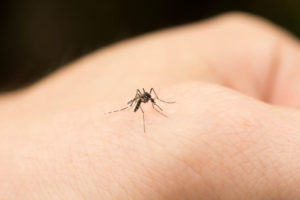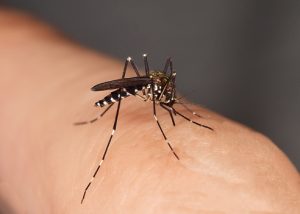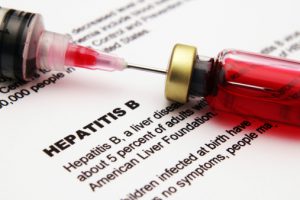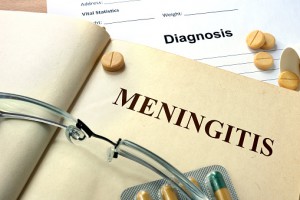Summer gives us a break from the flu and many other viruses prevalent during the winter months, but there is one contagious virus that your child is at risk of contracting during the summer.
Hand, foot and mouth disease (HFMD) is a common illness in the summer months, predominantly fou nd in infants and children under the age of 10, but one that can also affect teens and adults. It is caused by a family of viruses known as the Coxsackie virus. There are multiple types of Coxsackie virus, but the A16 strain causes HFMD.
nd in infants and children under the age of 10, but one that can also affect teens and adults. It is caused by a family of viruses known as the Coxsackie virus. There are multiple types of Coxsackie virus, but the A16 strain causes HFMD.
HFMD can produce a wide variety of symptoms, including mild flu-like symptoms such as fever, head and muscle aches, sore throat, fatigue, and poor appetite. The fever usually lasts anywhere from 24 hours to 2-3 days. One or two days after the fever begins, small red spots begin to appear in the mouth, throat, palms of the hands, and soles of the feet. These spots develop into blisters and eventually into painful ulcers, which resolve within a few days without any scarring.
These blisters give the illness its name, but it should not be confused with the similarly named foot (or hoof) and mouth disease, which is found in cattle.
HFMD is spread between children either hand to hand or through tiny air droplets that are released when they sneeze, cough, or blow their nose. The illness can also be spread when a person is exposed to an infected child’s stool or the fluid from their blisters.
HFMD is contagious and tends to spread most easily in settings where many young children are together, such as day care centers. In tropical parts of the world, HFMD is present throughout the year, but in cooler climates, such as New York, outbreaks take place only in the summer or fall. Some people incorrectly believe that the illness is spread in swimming pools, but a properly chlorinated pool should kill the virus.
Proper hand washing is considered the best protection against the virus, especially after using the bathroom, changing diapers, and before eating or preparing food. The virus can live on contaminated surfaces for several days. Therefore, parents should clean shared toys and all surfaces potentially contaminated with disinfectant cleaners to protect against the spread of HFMD.
There are lab tests to confirm HFMD, but doctors usually can diagnose the virus based on a physical examination. There is no specific treatment for HFMD. Doctors often recommend over-the-counter pain and fever reducing medications to make your child feel more comfortable. Salt water rinses might also provide relief.
If you think your child has hand, foot and mouth disease, you should see a pediatrician or call Flushing Hospital’s Ambulatory Care Center at 718-670-5486 to make an appointment.
All content of this newsletter is intended for general information purposes only and is not intended or implied to be a substitute for professional medical advice, diagnosis or treatment. Please consult a medical professional before adopting any of the suggestions on this page. You must never disregard professional medical advice or delay seeking medical treatment based upon any content of this newsletter. PROMPTLY CONSULT YOUR PHYSICIAN OR CALL 911 IF YOU BELIEVE YOU HAVE A MEDICAL EMERGENCY.






